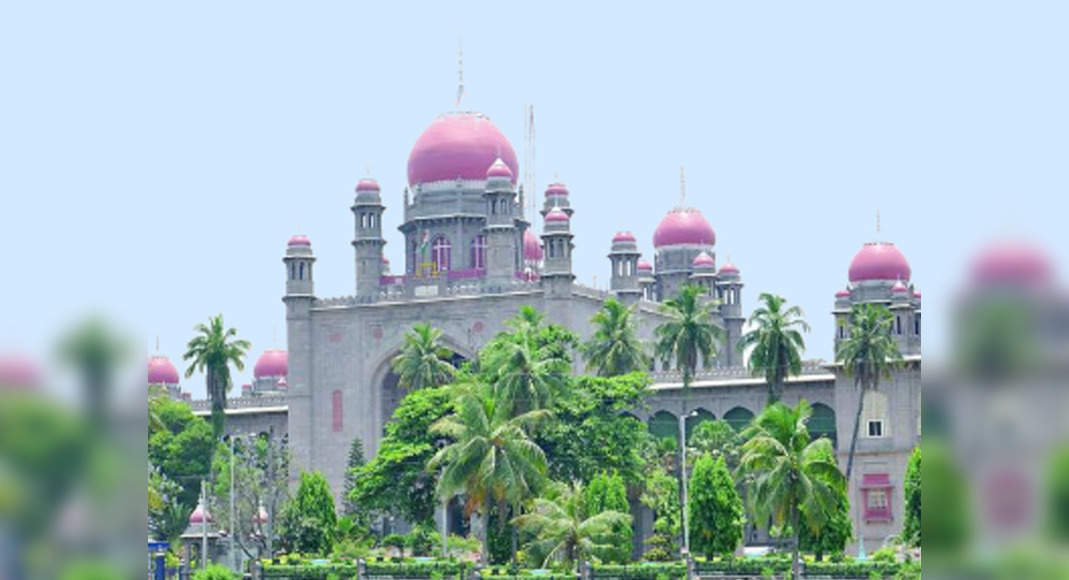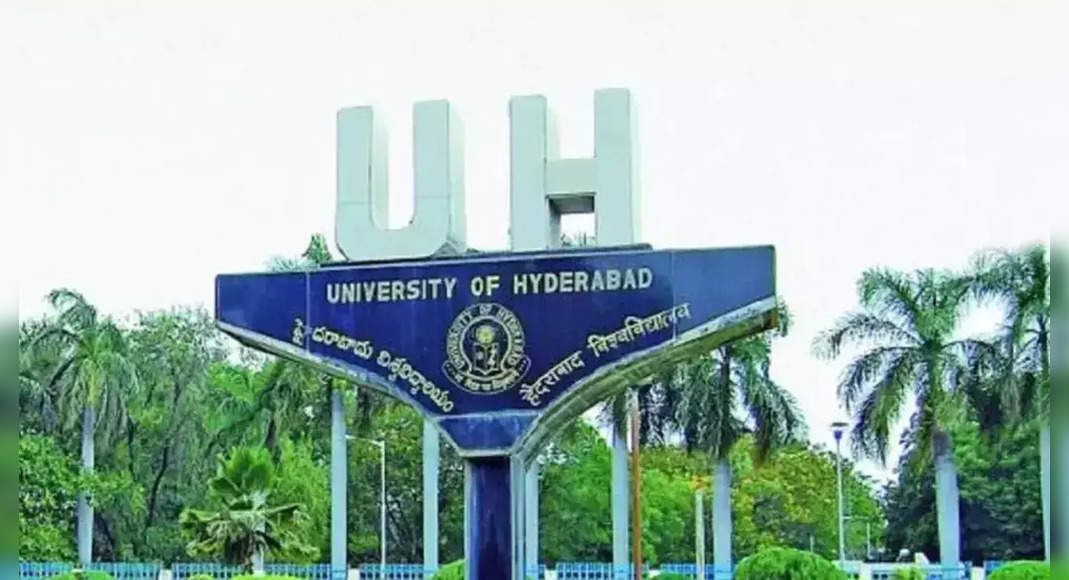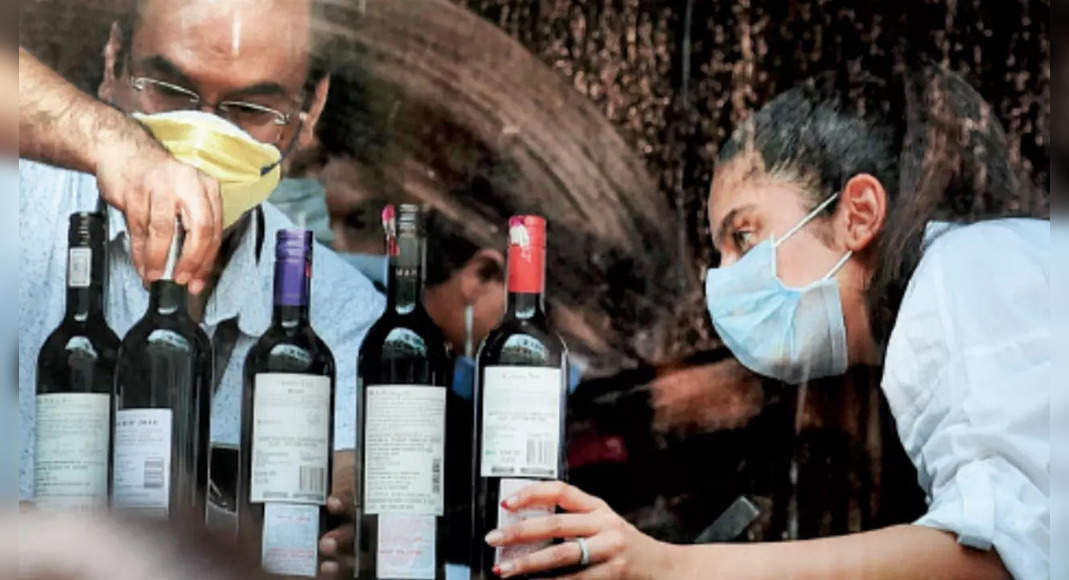HYDERABAD: The Telangana high court on Wednesday slammed the state government for issuing a GO on capping charges in private hospitals at a time when the second wave was almost ebbing.
The court asked the government if it was willing to impose heavy penalties on errant private hospitals for fleecing patients.
Blaming the government for the belated GO, a bench of Chief Justice Hima Kohli and Justice B Vijaysen Reddy said: “People asked you (government) to rein in the private hospitals.
We asked you to bring the GO.
You brought it finally at the fag end of the second wave.” When director of public health Dr G Srinivasa Rao informed the bench that the government had issued a GO (No.
401 dated June 22, 2021) capping charges for various tests, treatment, medicines, etc., the judges said the GO did not specify quantum of penalties to be imposed even now.
The DPH admitted that the GO needed amendments and assured the court that he would get them done by incorporating penalties for each offence.
“Keep prohibitively high penalties.
That should make them (private hospitals) wary of collecting excess charges,” the judges said.
They asked the DPH to come out with a fresh affidavit by July 7.
“Give wide publicity to the capping GO,” the judges said while hearing a batch of PILs on Covid-19.
Senior counsel L Ravi Chander, advocates Karam C Komireddy and Arjun Kumar elaborated on how Kerala was imposing penalties that are 10 times more than the excess charges collected by the hospitals there.
The judges said this would certainly act as a deterrent on hospitals which may think twice before collecting huge bills from the patients if the state government also implements a strict regime like the one in Kerala.
The DPH said the government is already taking action on the private hospitals and added that he had received 350 complaints against 170 private hospitals.
“We refunded ₹70 lakh to the families of patients in 30 cases,” he said.
However, the advocates were not convinced with his reply and said hospitals were charging the same amount from each of the patients during the thick of the second wave.
“People must have the option to get back their hard-earned savings,” they said.
The judges said a mechanism was already there.







